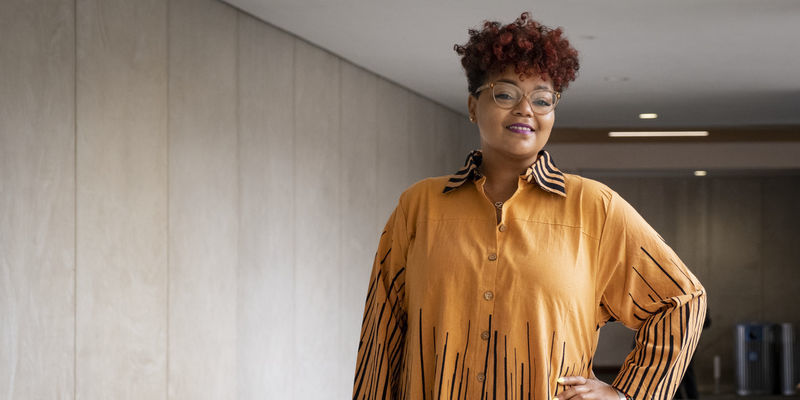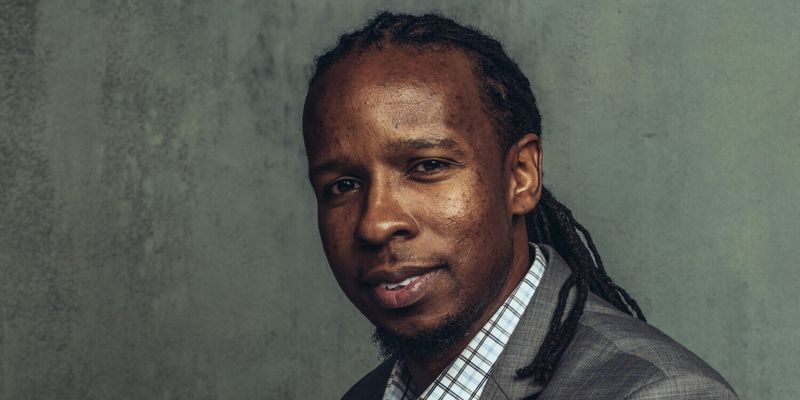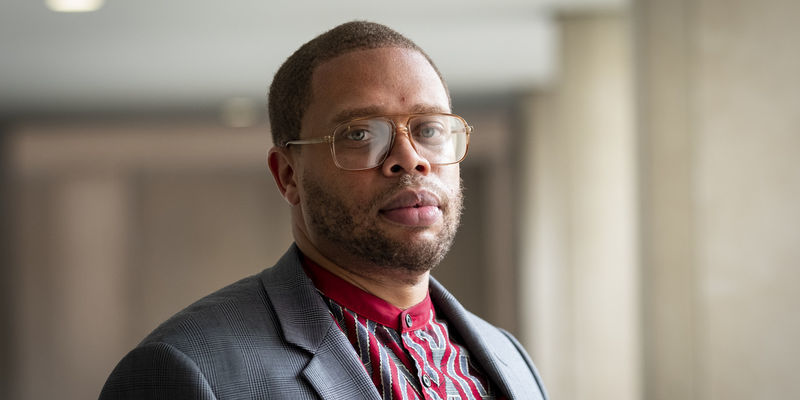The history of Temple University’s Africology and African American Studies Department
The Department of Africology and African American Studies is one of the oldest in the U.S. and the first to offer a doctoral program in 1988.
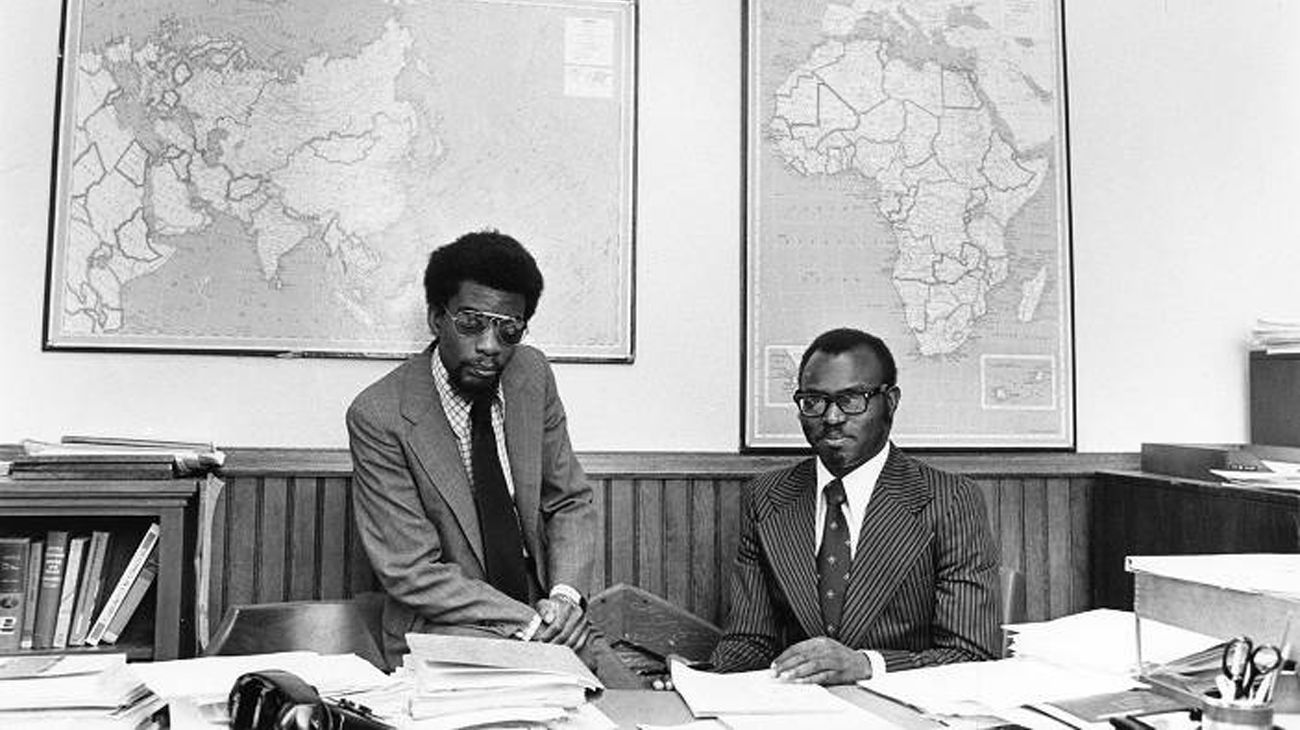
More than 50 years ago, Temple students flooded the North Philadelphia roads of Broad Street for hours to demand that the university be more responsive to African American issues. Their voices were heard. In 1971, Temple University established what eventually would become known as the Department of Africology and African American Studies, one of the first Black studies programs in the country and the first to offer a doctoral program.
The historic program has since produced world-class scholars and has more graduate students in African American studies than any other university in the Northeast. Following the department’s evolution over the last five decades has also provided a reflection of the social evolution of our country.
Molefi Kete Asante, the author of over 100 books and founder of the department’s doctoral program, said that those initial student protestors wanted more Black studies and professors within the university to combat racism, discrimination and oppression in the late 1960s. Temple first responded by creating the Afro-Asian Institute, the university’s first Black studies department in 1971. The department took this name because some Black Americans identified as Asiatic Black. The term “Asiatic” was also fitting because many Blacks in the movement identified with the struggle of the Vietnamese people during the Vietnam War.
The following year the department was renamed the Pan-African Studies Department and created a community education program called the Pan-African Studies Community Education Program, founded by Annie D. Hyman in 1975.
Asante explained that internally, many had doubts about keeping a space for the Black studies department at Temple. “Many of the faculty members were moved to other departments, like the eminent Sonia Sanchez, who went from the Pan-African Studies Department to the English Department,” Asante said. “In 1983, we only had three faculty members in our Black studies department, including Odeyo Ayaga, a Kenyan professor and chair of the department; Tran Van Dinh, a Vietnamese professor and Alfred Moleah, a South African professor.”
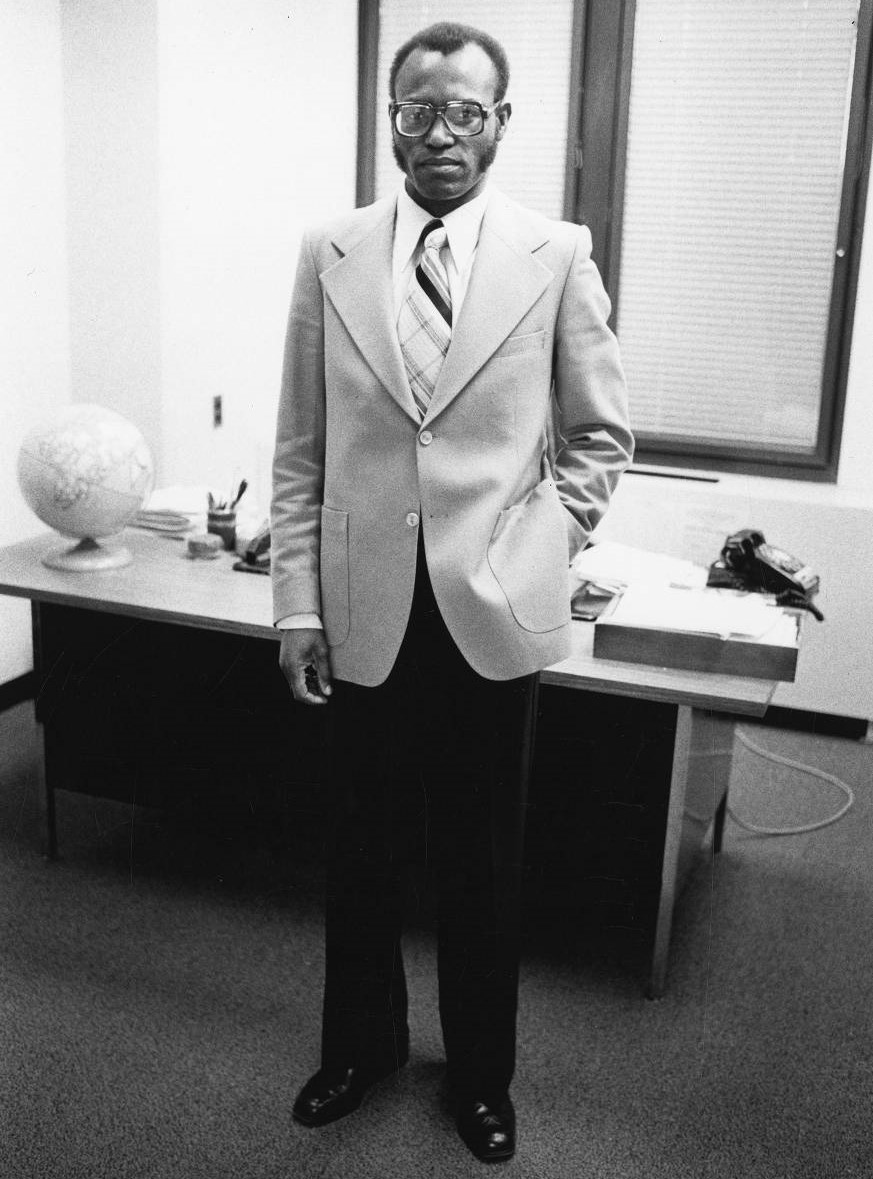 Odeyo Ayaga, a Kenyan professor, was chair of the Pan-African Studies Department at Temple University. (Photo credit: Special Collections Research Center, Temple University Libraries, Philadelphia)
Odeyo Ayaga, a Kenyan professor, was chair of the Pan-African Studies Department at Temple University. (Photo credit: Special Collections Research Center, Temple University Libraries, Philadelphia)
In 1984, Peter Liacouras, Temple’s former president, hired Asante to revitalize Black studies into a world-class department. “President Liacouras told me that Philadelphia is a great city, and it’s majority African American, so there is no reason why Temple University should not have the best African American studies program in the nation,” Asante said. From there, one of the department’s main goals became strengthening bonds with the local, national and international African and African American communities.
In 2016, Asante convinced the Board of Trustees to rename the department to the Department of Africology and African American Studies. He explained the name change represented an effort to have African American studies become more recognized as a discipline in higher education.
“We evolved our focus to the Afrocentric study of African and African American phenomena transgenerationally and transcontinentally, using an interdisciplinary and multidisciplinary approach.,” Asante said. “Transgenerational could be researching Africans dating back to 4000 B.C. And transcontinental could be learning about Africans throughout the world’s continents, like in Asia, South America, North America and Europe. Our department encompasses as much as we can,” he added.
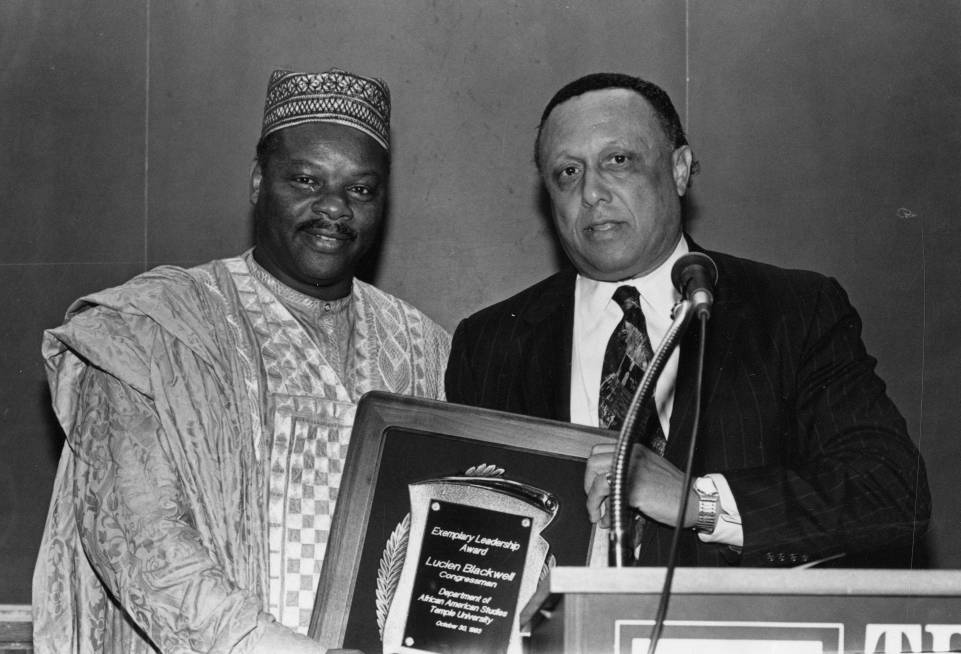 Molefi Kete Asante presenting an award for exemplary leadership to congressperson Lucien Blackwell from the Department of African American Studies at Temple University in 1993. Asante was chair of the department for 27 years. (Photo credit: Special Collections Research Center, Temple University Libraries, Philadelphia)
Molefi Kete Asante presenting an award for exemplary leadership to congressperson Lucien Blackwell from the Department of African American Studies at Temple University in 1993. Asante was chair of the department for 27 years. (Photo credit: Special Collections Research Center, Temple University Libraries, Philadelphia)
Asante’s leadership and national reputation attracted more faculty members and world-class scholars to the department. He said that Temple has the best Afrofuturist in the world, Reynaldo Anderson, and that Kimani Nehusi is the leading Egyptologist in African American studies in the country. He added that Professor Nah Dove is also one of the top women in the nation to teach African womanism and feminism, and that Aaron Smith is one of the most popular professors in the department, bringing in 250 students to a class on Tupac.
Two years ago, Asante had the vision for creating Temple’s Center for Anti-Racism, a hub for anti-racism research dedicated to understanding racism and solving problems of racial inequity and injustice. On Nov. 14, 2022, Temple held a grand opening for the center, one of the only centers of its kind in the country. Pennsylvania State Senator Sharif Street (D-Philadelphia) and Pa. State Representative Malcolm Kenyatta (D-181), KLN ’12, helped secure $1.3 million in state funding for the center’s construction. Timothy Welbeck, a professor in the Department of Africology and African American Studies, is the center’s director. Asante explained that after years of hard work, the department reached success on a national level.
Since its inception, the department’s doctoral program has graduated over 200 students. Its prominent alumni include Ibram X. Kendi, CLA ’07, ’10, the author of the New York Times No. 1 bestseller How to Be an Antiracist and the director of the Center for Antiracist Research at Boston University; Eddie Glaude, CLA ’91, the James S. McDonnell Distinguished University Professor and chair of the Department of African American Studies at Princeton University; and Christel N. Temple, CLA ’99, editor of the Journal of Black Studies and former chair of the Department of Africana Studies at the University of Pittsburgh.
The department’s accomplishments don’t end with its long list of notable alumni.
Through the department’s study abroad program, students can now study Afrocentric programs with an international community of like-minded peers. Students can also pursue a master’s degree at the department and be eligible for department awards and scholarships.
The department is also home to the Journal of Black Studies, a leading publication for research on the Black experience. Students who take classes in the department can work with the journal under the guidance of faculty.
Both Asante and Ama Mazama, a professor and chair of the department, edited the Encyclopedia of Black Studies, which includes an analysis of the economic, political, sociological, historical, literary and philosophical issues related to African Americans. The department is accredited by the National Council on Black Studies (NCBS), a world-leading organization of Black studies professionals. “We are very proud that C. Tsehloane Keto, a former professor in our department, is one of the only scholars to have a scholarship named after him in the NCBS,” Asante said.
Recently, Carm Regan Almonor, a doctoral student, received the SAGE Asante Award, awarded to the top doctoral student in the department based on grades, scholarship and professional commitment. Hope Dove, a doctoral student, received the Molefi Kete Asante Founders Award, granted to the doctoral student who displays a dedication to the field of Africology and African American studies through publications.
In addition, many of the department’s students research at Temple’s Charles L. Blockson Afro-American Collection. The collection includes more than 500,000 unique items relating to Black history and culture. Located in Sullivan Hall, the catalog spans more than 400 years, from 1581 to the present.
Asante looks back over the history of his department with a deep sense of gratitude and fulfillment. “I take pride in the fact that people look to Temple because it has one of the top world-class African American studies departments in our country today,” he said.
